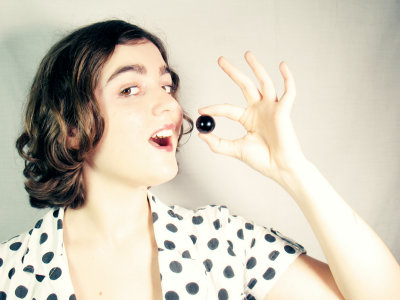Seven truths on good things / bad things and urban legend

by Min An
Various skin care products have appeared in order to keep healthy and beautiful skin and methods and knowledge of "good for the skin" and "bad for the skin" are easily talked about in the media. However, Sara Brown, a professor of molecular and genetic dermatology at the University of Dundee in Scotland, Scotland, said that there are urban legends among many people's beliefs "good for the skin" and "bad" Explain the seven facts & urban legend about.
Seven myths and truths about healthy skin
https://theconversation.com/seven-myths-and-truths-about-healthy-skin-111706
◆ 1: Skin is constantly updated

by Comfreak
= Truth - Skin acts as a barrier to separate the environment outside the human being from the outside world. The keratinocytes (keratinocytes) contained in the epidermis divide to produce new keratinocytes, which are sent to each layer, but on the other hand they are constantly peeled off the skin. It is said that it is also the source of stem cells because the skin has high ability to divide and update itself.
◆ 2: It is good for your skin to drink 2 liters of water a day
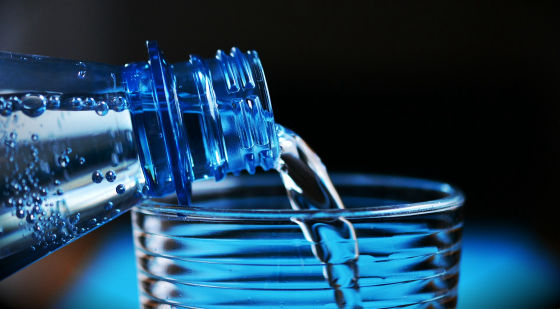
by congerdesign
= Urban legend <br> The amount of water drinking does not directly affect the skin.
Of course, water is necessary when it is in a condition of severe water shortage such as keeping moisture of the skin, dullening the skin, losing elasticity, and so on. On the other hand, healthy people adjust the amount of water that kidneys, hearts, blood vessels, etc. reach the skin, but the "necessary amount of water" is not decided. "How much moisture is needed" is more dependent on the amount of water that the person uses or loses.
◆ 3: Stress is bad for your skin
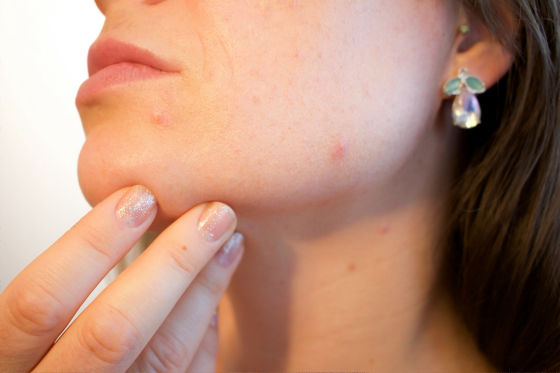
by Kjerstin_Michaela
= Truth - Science research done so far shows that skin is affected by stress via stress hormone such as cortisol . One example is symptoms such as " alopecia areata " in which the body's immune system attacks hair follicles and hair loss occurs, autoimmune disease " psoriasis " in which skin inflammation and scaling occurs, and dermatitis.
◆ 4: When you eat chocolate you can acne

by Taylor Kiser
= Urban legend " Acne vulgaris ", that is, acne occurs not only in teenagers but also in their thirties or forties. Acne occurs as a result of the combination of hormonal effects on sebaceous glands with immune response to pores and microorganisms.
A high-fat diet is said to have an adverse effect on health for various reasons, but it is not a direct cause of acne. Although it is an unapproved medicine in Japan, it is also known that the substance called isotretinoin contained in the remedy for acne increases absorption rate when ingested with a fat-rich diet.
◆ 5: powder detergent causes eczema
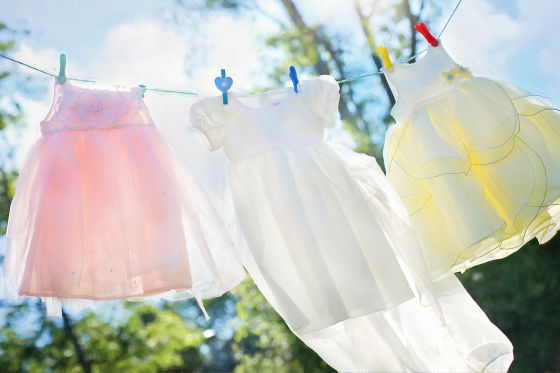
by jill 111
= Urban Legend - Eczema that the skin dries and becomes reddish and itches is thought to occur by combining genetic factors and environmental factors. Detergents and soaps stimulate the skin and create a dry condition by removing grease from the skin. Especially the soap containing the enzyme that decomposes dirt and fat can irritate delicate skin and cause eczema to deteriorate. However, it is important that not only "powder detergent" but also any type of detergent can be irritated if it is not thoroughly rinsed off.
◆ 6: white nail marks = calcium deficiency
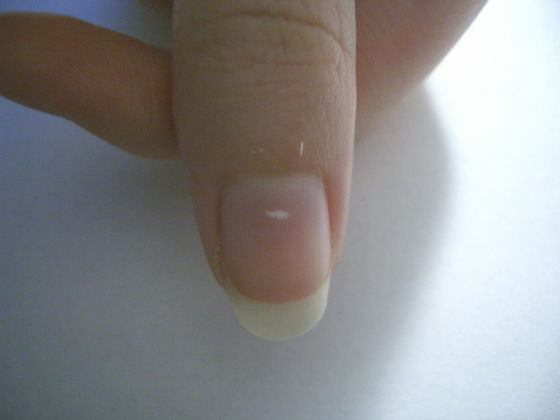
by Keitei ~ commonswiki
= Urban legend <br> Nails are made of an organization called niba mother at the base of nails. When the nail mother is shocked or bitten, the nail in progress may become irregular, and air may be trapped in the nail. It is said that this will cause white signs appearing on the nails. Calcium is important because healthy nails are made, but white signs are not a sign of calcium deficiency.
◆ 7: The sun's light is good for your skin
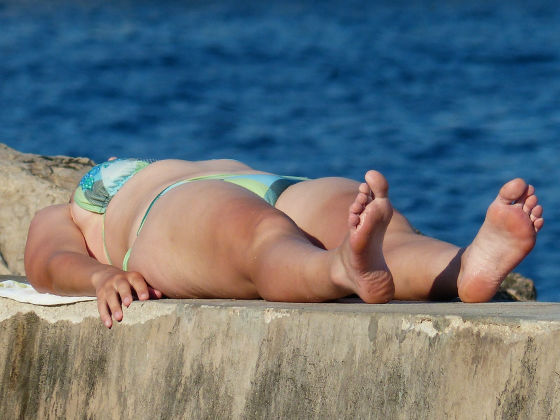
by Hans
= Truth and it is also a city legend <br> There are many people who feel better on sunny days, but sunlight has problems as well. Direct sunlight contains light of various frequencies, it is famous that it contains ultraviolet rays .
Depending on the difference in light frequency, the effects on the skin vary. UV B waves are used to produce vitamin D, which is important for the human body. People who can not produce vitamin D by taking sunlight should take vitamin D from their meals. There seems to be a way to reduce inflammation of the skin by carefully controlling ultraviolet A wave and ultraviolet B wave.
However, if it is exposed to ultraviolet light too much, DNA of skin cells will be damaged, causing cancer. It is beneficial to have moderate sunshine unless you are treating the immune system, but it is necessary to take too much bathing.
Related Posts:
in Note, Posted by darkhorse_log





